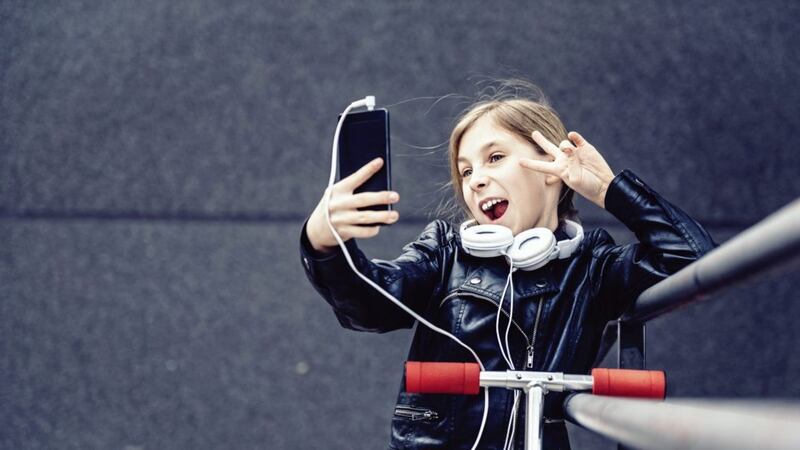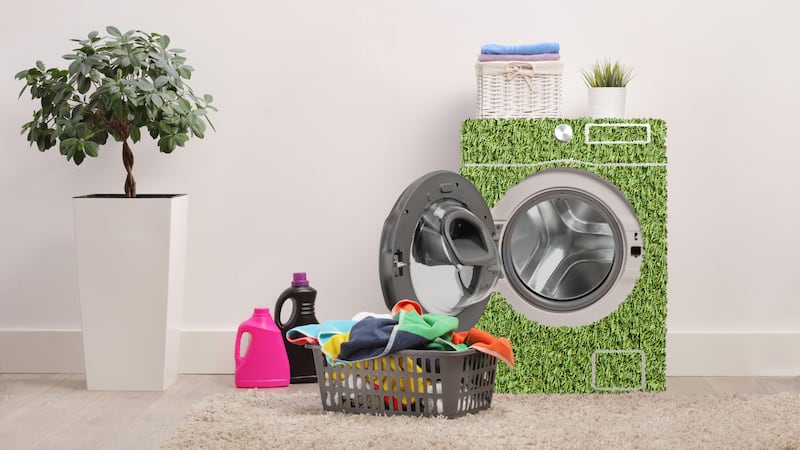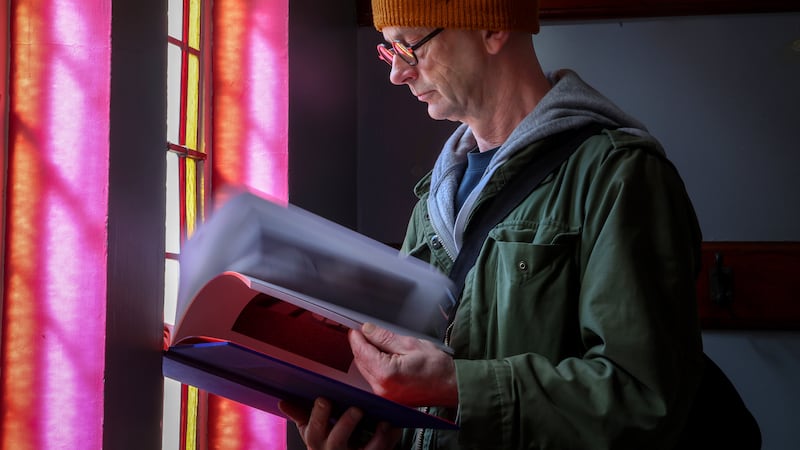ACCORDING to a recent study, children as young as four are being encouraged to manipulate their photos to make them look more beautiful. Apps such as FaceTune, which allows people to make their eyes bigger, erase flaws from their skin, thin down their noses and supersize their lips, are advertised on the likes of the Apple store as being suitable for children aged from four plus.
This is most certainly a worrying development. Teaching our kids at increasingly young ages that they do not measure up to unattainable images is not good for their mental health.
Social media is a huge part of our lives and those of our children. If you think about it, most of us live ‘virtual lives’ on several different platforms, posting photographs of our daily adventures, nights out with friends, selfies and even pictures of our dinner to our ‘friends’ and ‘followers’.
Celebrities such as social media queens the Kardashians post seemingly spontaneous pictures of themselves the whole day long. But you’re guaranteed that they have spent the last hour in the bathroom, have had their make-up and hair done specially and had minions working on the perfect light for the snap.
Most of us adults know that much of what we see online is posed, fake and has probably taken 10 takes or more to get ‘just right’. But often for our younger generation, the generation for whom social media is fast becoming the main mode of communication, that sense and maturity is not yet in place and they place extreme pressure on themselves to live up to impossibly unrealistic standards often set by strangers on Instagram.
A friend of mine is an exceptional mental health therapist and spends her life helping young women in particular overcome depression and anxiety. She commented this week that she has been dealing with scores of young people suffering from depression and feelings of worthlessness, who cite the number of likes they get from their pictures of social media as one of their impacting issues.
She said she saw one teen who actually tried to take their own life because of it. Thankfully she was able to help the teen and they are now doing well but she emphasised that strategies need to be put in place to tackle this worrying problem.
This is not a new development. A few years ago a British teenager spoke out in the press after attempting to take his own life for not being able to take the perfect selfie. After spending hours a day taking selfies, losing weight and dropping out of school, he was the first person who was diagnosed with a selfie addiction and was treated in hospital for obsessive compulsive disorder and body dysmorphic disorder.
Social media has opened up a whole new world to our teens, which is amazing. But the downside to that is dangerous and sinister. Where once, when our generation where growing up, we had to look at fashion magazines and television programmes to see images of the ‘perfect body’ or ‘perfect life’, our kids are being bombarded with these images 24/7 on the likes of Instagram and Snapchat as celebrities peddle their wares.
Their favourite celebrities are more accessible these days and with them posting photos several times a day, they are feeding our children’s desire for their fix of the celebrity life they often aspire to.
But children’s brains are not wired the way adult ones are and sometimes they cannot see past the lip gloss and sparkling diamonds to realise that the quick Insta shot that their idol is posting took two hours to set up, a crack team of make-up and hair people, designer clothes, studio lighting and about 30 takes to get just right.
Because projecting the perfect image is the job of the celebrity, and they can’t send out anything less because it damages their brand.
Social media can be a great tool for connecting people, if it is used in the manner it was designed. But in the wrong hands, in our hands, it has morphed into something much more sinister.
Posting selfies online can become a mission to seek approval and can destroy those young people who not capable of withstanding rejection.
Our children need to know that online worlds are not real. They need to know that the real world is real and social media platforms are just for fun, not to mirror or be obsessed about. They are something that can be dipped into and out of from time to time for entertainment, not as a means for them to shape their lives.








